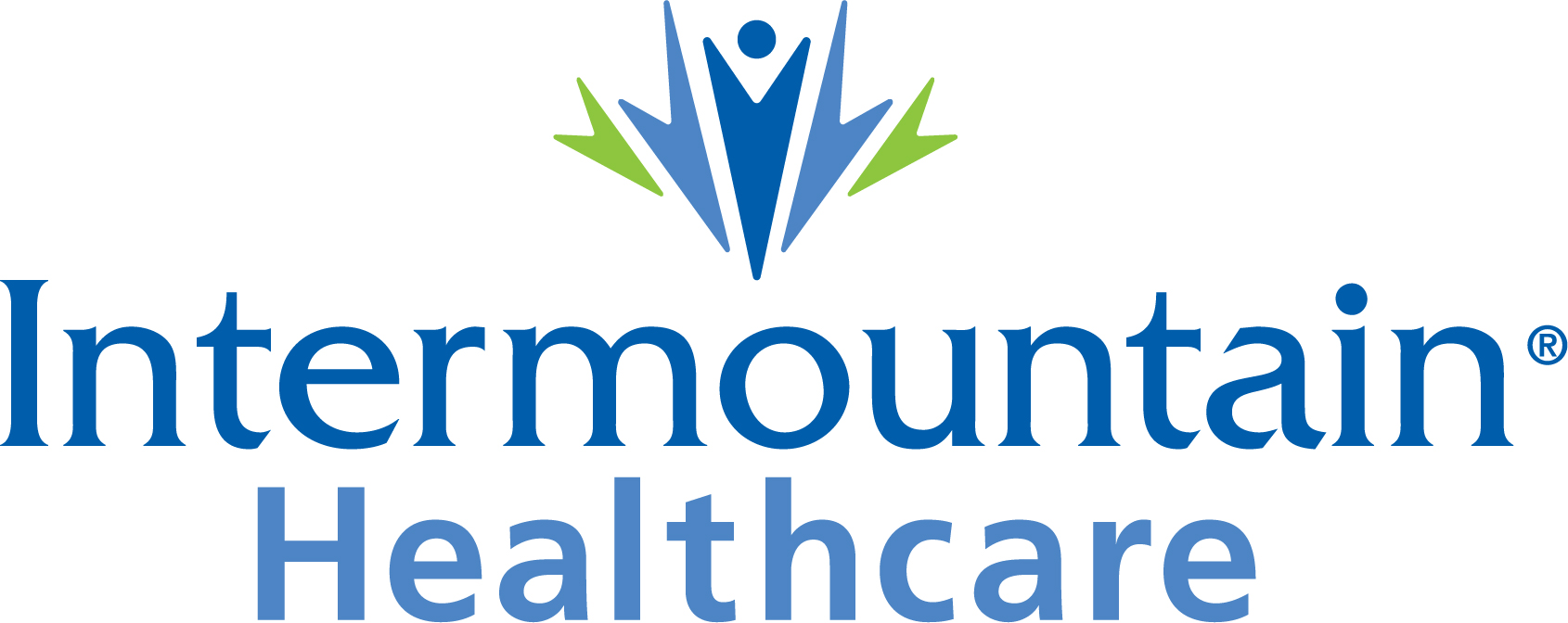Decrease Your Chance of Birth Defects: Five Ways to Have a Healthy Pregnancy
Industry: Healthcare
Intermountain Healthcare experts say that birth defects usually develop in the first three months of pregnancy, but there are steps women can take to help limit risk.
Salt Lake City, UT (PRUnderground) July 26th, 2022
Birth defects affect about 1 in 33 babies born in the U.S. each year, according to the CDC. Intermountain Healthcare experts add that birth defects usually develop in the first three months of pregnancy and can affect the fetus’s organs such as the heart or brain or other body parts while they’re developing and can lead to problems in a baby’s overall health, and how their body functions.
Common birth defects include congenital heart defects, cleft lip and cleft palate and spina bifida.
“If a woman is pregnant or thinking about getting pregnant, it’s important for her to know her genetics, behaviors and social and environmental factors can impact her risk for birth defects,” said Dr. Martha Monson, a maternal fetal medicine surgeon with University of Utah Health and Intermountain Primary Children’s Hospital, where she is co-director of fetal intervention at the Utah Fetal Center.
“Not all birth defects can be prevented. And we don’t know the cause of all birth defects. But, there are five things women can do to increase their chance of having a healthy pregnancy, decrease their chance of birth defects, and help providers identify birth defects during pregnancy,” she added.
- Get a pre-pregnancy check-up
“When women come in for a pre-pregnancy check-up and prenatal visits, there are several approaches to identify birth defects before birth, including maternal serum screening, done in the first and second trimester and an anatomic ultrasound performed at 18-20 weeks by someone with expertise in evaluating fetal anatomy,” said Dr. Monson.
- Control your diabetes before conception
Uncontrolled diabetes can result in a high rate of birth defects. If a woman has diabetes, she should talk with her OB/Gyn or midwife before getting pregnant. Excess weight can also affect fertility and increase the risk of birth defects and other complications.
- Get vaccinated
Vaccines for flu and COVID-19 are recommended for pregnant women and it’s recommended that women check with provider their provider about any vaccinations they may need. Pregnant people have a higher risk of severe illness or death from COVID-19 and their babies may have an increased risk of preterm birth or complications. High fevers caused by any infection during the first trimester can increase the risk of certain birth defects.
- Take prenatal vitamins with folic acid before getting pregnant and during pregnancy
Vitamins with 600 micrograms of folic acid are recommended during pregnancy. Eat foods that contain folate like green leafy vegetables, black beans, lentils, orange juice and fortified grains.
- Stop smoking, drinking alcohol or using illicit drugs if you’re pregnant
Cigarettes and e-cigarettes contain harmful substances that can damage the placenta and/or cause certain birth defects, like cleft lip and palate. It’s not safe to drink alcohol at any time during pregnancy, even before a woman knows she’s pregnant. Don’t take prescription opioids or illegal drugs while pregnant as they may cause birth defects or affect the baby after birth.
Before a woman becomes pregnant, she should ask her doctor or midwife about any prescription medications, over-the-counter medicines, vitamins and supplements she is taking.
For more information visit intermountainhealthcare.org or https://intermountainhealthcare.org/services/womens-health/intermountain-moms/.
About Intermountain Healthcare
Headquartered in Utah with locations in eight states and additional operations across the western U.S., Intermountain Healthcare is a nonprofit system of 33 hospitals, 385 clinics, medical groups with some 3,900 employed physicians and advanced care providers, a health plans division called SelectHealth with more than one million members, and other health services. Helping people live the healthiest lives possible, Intermountain is committed to improving community health and is widely recognized as a leader in transforming healthcare by using evidence-based best practices to consistently deliver high-quality outcomes at sustainable costs. For more information and updates, click here


